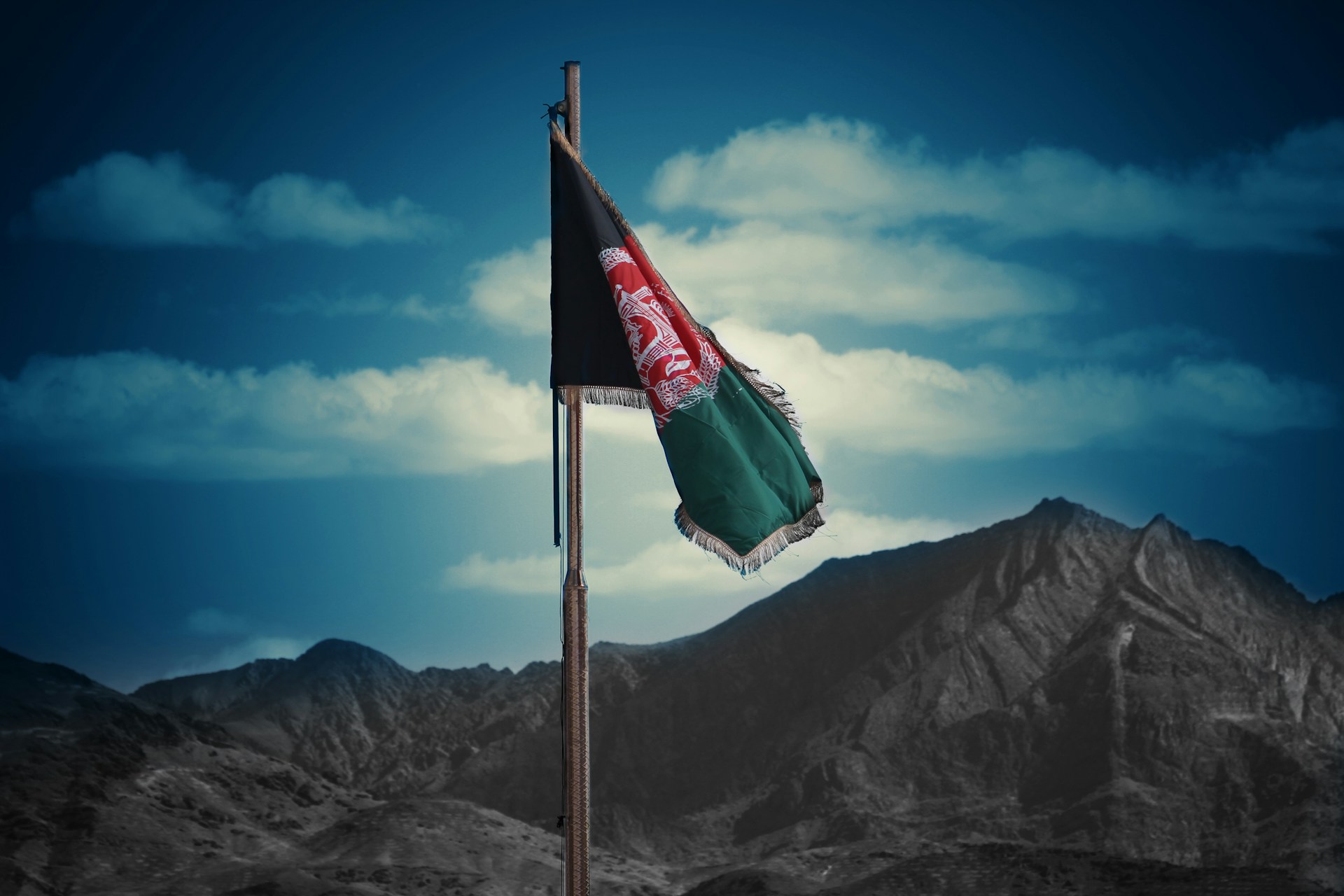Afghanistan is considered a multi-ethnic country, and many believe that these ethnic groups have contributed to the current political stability of Afghanistan’s geopolitical landscape, having defeated several major powers over more than a century as a united nation.
However, despite this, certain specific circles are attempting to give a tribal color to the political crises in Afghanistan.
These ethnic elites and their supporters in the virtual world are working to create a narrative that prepares their communities for participation in the future political arena based on ethnic identity.
They attribute all of Afghanistan’s political, security, economic, and social problems to the Pashtuns, claiming that they are powerless and that this lack of power is the cause of Afghanistan’s instability.
Is it true that Afghanistan’s political issues are ethnic in nature? Do the various ethnic groups in Afghanistan have conflicts among themselves? If not, why do these circles try to ascribe ethnic characteristics and flavor to Afghanistan’s instability?
We discussed these topics with Professor Dr. Mohammad Usmani Taraki, and we invite you to pay attention to his insights.
Views: 16











